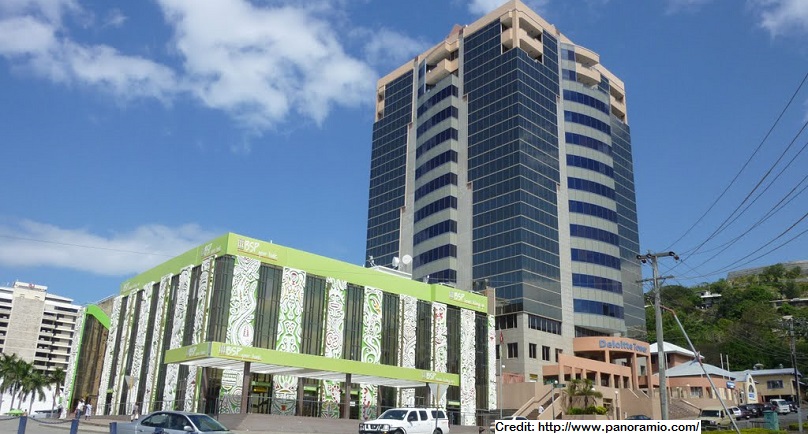by Allanah Leahy – EM TV Online
The 2015 budget alert was released by Deloitte Tower last week, providing an analysis of the 2015 national budget allocations, as well as projections for 2015 and beyond.
Despite the positive outlook for Papua New Guinea’s oil and gas sector, there is an expected return to negative growth in the medium term, represented by the continual natural decline of the oil fields.
This is speculated to occur around 2017 after the peak of LNG production is absorbed in 2016.
The continual depression of global economic conditions and resulting decreased commodity prices also suggest a lower-than-expected growth rate in the oil and gas sector, as well as lower export receipts.
These points are specifically cited as a risk for the 2015 budget projections.
The mining and quarrying sector is expected to grow at 12 per cent next year; the report attributes this to the better implementation of strategic mining plans, as well as improved calibration of production targets. No specific expenditure plan has been appropriated for the mining sector in next year’s budget.
Due to expected improvements in the coffee and cocoa growing environments, the agriculture sector is projected to expand by 3.6 per cent next year. This is expected to be driven by recovering construction, agriculture, forestry and fisheries sectors.
The report details PNG’s standing as the largest fisheries zone in the South Pacific, with a 2.4 million square kilometre Exclusive Economic Zone. Key priorities include increasing the value and volume of downstream products, encouraging sustainable fishing, promoting quality fish products and improving access to markets in communities.
Medium term prospects for the forestry sector remain uncertain due to the lack of data but issues in land availability for plantations remain a growing concern. The government has sought solutions through programs such as the Productive Partnership in Agriculture which aims to rehabilitate existing plantations.
The education sector has been allocated K1.9 billion; a K1.1 billion step-up of last years’ allocation of K1.5 billion. The Tuition Fee Free policy, despite the many technical difficulties faced since its’ initiation, remains a major government priority.
General Secretary of the Papua New Guinea Teacher’s Association, Mugwalubu Mowana, said in October this year that the tuition fee free policy was faulty in that the freely-distributed school materials were not of good quality, with many schools yet to receive their share. Mr Mowana explained that the data used by the Education Department is from 2012 and should be updated for fair distribution.
Apart from the tuition fee free policy, teacher training and the University Infrastructure Program are other areas the government is looking into in developing the education sector. For education infrastructure, K449.5 million has been allocated towards teacher colleges and seven universities among other district infrastructure.
With police brutality as present as ever in Papua New Guinea, inclusive of payback killings, intimidation, corruption and unchecked violence, the government has recognised the need to strengthen and support the law and justice sector in line with creating a strong economy.
The law and order sector will receive K1.6 billion in funding, with K367.2 million earmarked for police and K261.2 million for the Papua New Guinea Defence Force (PNGDF). Pacific Games security funding and the PNG-Australian law and justice partnership and infrastructure have been targeted in budget allocation.
The Tax Review Committee has extended the deadline for its report on tax recommendations to the end of July next year; the 2015 national budget does not have many significant changes in light of this.
A notable change is the prison penalties introduced for taxpayers failing to comply with court orders consequent to certain tax liability defaults. The range of fines has been increased as well, effective as of the 1st of January next year.
In recognition of the health troubles caused by smoking, the government has amended the Excise Tariff Act which will increase indexation levels to a flat 5 per cent rate from now on. This means that the excise rate for normal filter cigarettes, from the 1st of December this year, will be K261.51 per 100 sticks.


